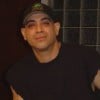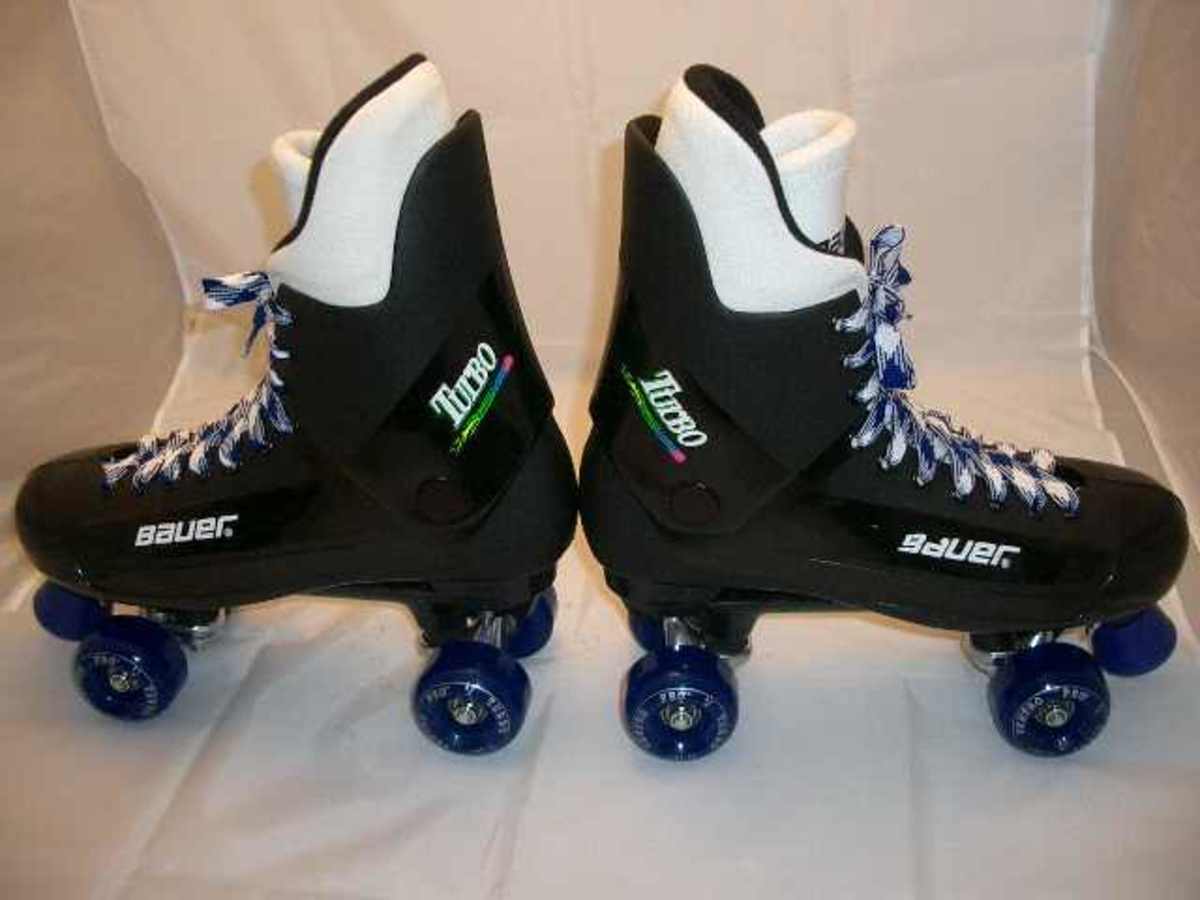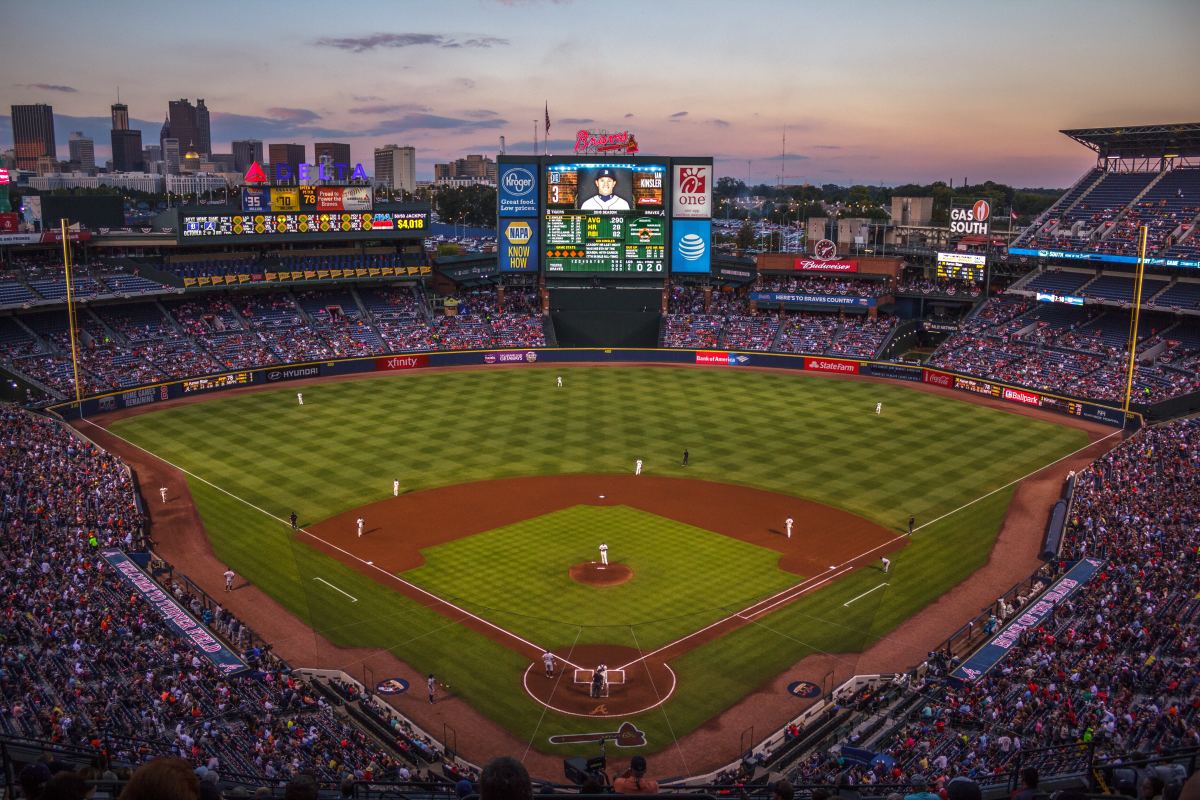THE TIES THAT BIND: The civil rights movement through sports Part 2
i WISH PEOPLE WOULD LOVE EVERYBODY THE WAY THEY LOVE ME. iT WOULD BE A BEAUTIFUL WORLD. Muhammed Ali
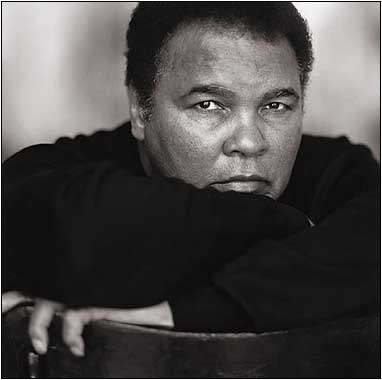
As Jackie Robinson's playing career was winding down, an impressionable young man was fascinated by the ballplayer, and would be the next great black athlete to make his mark on the civil rights movement.
Cassius Clay was born on January 17, 1942, in Louisville Kentucky. Growing up in the south, he experienced first hand, the discrimination that blacks faced during this period in American history. As a kid growing up, the young Clay was an admirer of Jackie Robinson. Even to this day, he will often reminisce about the impact that Jackie had on his life. In a 1996 interview he was quoted as saying," Jackie gave me a sense of empowerment, and the belief that I could do anything I dreamed of.
The legend begins, when at the age of 12, his bike was stolen, while he was inside a store. Growing up very poor, the youngster had few possessions, and the bike meant everything to him. A fired up Clay was seen and heard, walking through the streets of Louisville, screaming at the top of his lungs," Whoever stole my bike is going to pay with a butt whippin!" A police officer, who trained young boxers in the neighborhood, overheard the excited youngster and said," I guess you'd better learn how to fight if you are going to go around challenging people." Cassius began to train under the tutelage of Officer Joe Martin's watchful eye. The young man absorbed his lessons like a sponge, and soon after began his boxing career.
In 1960 Clay would go to the Summer Olympic games in Rome, Italy.With blinding speed and a punch like an anvil, he would realize his Olympic aspirations and win the gold medal. Four years later he would defeat Sonny Liston to become the Heavyweight Champion of the world.
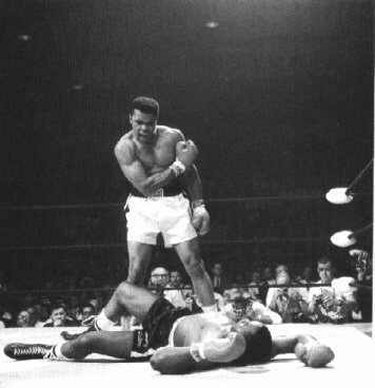
The average white boxing fan of this time, was certainly accustomed to great black fighters, but preferred their black champions to be quiet, subdued and gentlemanly. Black fighters such as Joe Louis and Sonny Liston were looked upon with great regard because of their politeness. However, Cassius Clay was different and in many ways, it was shocking to white America. Here was a black man who would explode during interview. He would brag about being the greatest and the prettiest. He would predict the rounds in which he was going to knock out his next opponent, and then deliver his promise in the fight. African Americans were falling in love with the charismatic fighter. Most white Americans did not share these feelings and Clay became overrun by death threats and hate mail.
During the summer of 1964, He was doing some soul searching and decided to join the black Muslim group, The Nation Of Islam. At first he called himself Cassius X, but was later renamed Muhammed Ali by the Nation's head minister Elijah Muhammed. This change was startling for many Americans. The Nation Of Islam was becoming a powerful presence in the black communities. Their message was much different than the other black leaders of the day, who were pleading for unity, peace and brotherhood. The Nation was considered much more militant and flew the banner of "by any means necessary" and "an eye for an eye." Muhammed Ali and minister Malcolm X developed a friendship and would often form rallies in black neighborhoods together, preaching about the fundamental problems that blacks were facing. The relationship between the two icons became strained when Malcolm spoke out against Elijah Muhammed. Ali stood strong in his belief that segregation of the races was an absolute necessity, considering the plight and the hardships that his people faced every day. Many white people began to fear Ali as much as hate him. They had never seen such behavior from a black celebrity athlete before. Many people saw it as the Heavyweight Champ declaring war on the white race.
Ali was a polarizing figure, which means that almost all blacks loved him and almost all whites hated him. These feelings began to change in 1966, when the champ put his beliefs and values ahead of his career. He refused his drafting into the United States Army, to fight in the Vietnam War.He claimed to be a practicing minister, and his religious beliefs prevented him from fighting in the war. He was also angry about the disproportionate numbers between young black men and young white men being drafted. Reluctantly, Ali prepared to serve in the war, but when he went to take his oath, the man called him Cassius Clay. This angered Muhammed. He felt insulted and disrespected that this man would call him by his "slave name" and send him halfway around the world to kill people that he had no problem with. He refused to take the oath and was immediately arrested. After his arrest he was quoted in an interview saying," I aint got no quarrel with the Viet Cong. No Viet Cong ever called me Nigger!" Because of his beliefs, the Boxing Association stripped him of his title and suspended him from the sport for three and a half years. The Justice Department pursued a legal case against him and he was charged with refusing to be inducted into the military. He would later clear his name of all charges after a long legal battle.
It was during this time that an interesting thing began to happen. The Vietnam War was becoming very unpopular in the country. The war had become a problem for people of all races. Every night people would sit by their television sets and watch American kids dieing in the jungles of Asia. The era gave birth to free thinkers, who were not afraid to question authority. The same people who had despised Ali were beginning to relate to him. The civil rights movement was now spreading like a wild fire. Even Ali's feelings about segregation began to soften, after feeling the love and support, from people of all races around the globe.
Muhammed Ali may be the most beloved and known athlete in the world, and it isn't because he is arguably the greatest boxer of all time. It is more of a testament to the fact that Ali stood by his beliefs, in the face of enormous odds. Former President Bill Clinton called Ali, the Ambassador of Human Rights.
While Muhammed Ali was making his mark with his gregarious personality, something completely different was going on in the world of Professional Tennis.
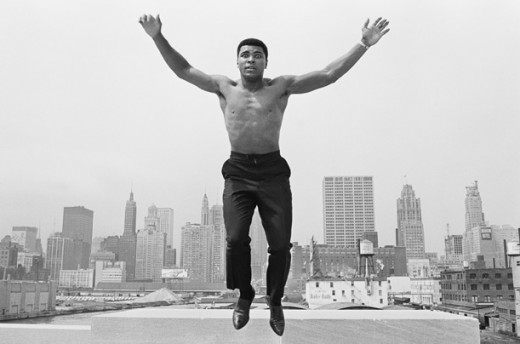
If i am remembered primarily for being a Tennis player, then my life has been a failure- Arthur Ashe
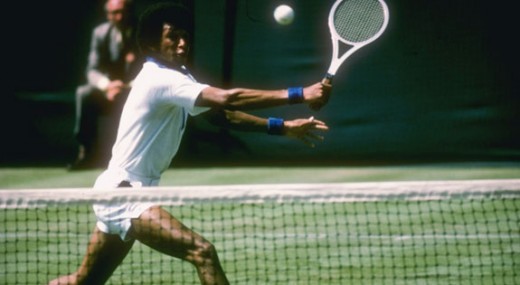
Arthur Ashe was born on July 14, 1943 in Richmond, Virginia. As a child growing up a friend introduced him to the game of Tennis. The youngster quickly became a ferocious competitor and soon realized that his skills were very advanced. A man name Dr. R. Walter Johnson, was a teacher of the game and discovered the skinny boy on the hard courts of Richmond. Dr. Johnson would take the young man under his wing and in a military fashion taught the youngster how to play the game and conduct himself in an appropriate manner. His rules were simple. Always keep a clean appearance, do the very best that you can and never cheat. As Arthur's game progressed, he began to enter tournaments in Virginia, winning many of them. However, at the age of 12, Arthur was dealt a crushing blow when various tourneys stopped letting the youngster in, because of his dominance of local white talent. The lessons he learned at such an early age taught him about the real world and he vowed to show everybody that they would never hold him or his dreams down.
In 1963 he would be accepted to U.C.L.A on a full tennis scholarship.Two years later he would go on to win the NCAA singles title. That same year he would become the first black tennis player to win the U.S Davis Cup and the newly formed U.S open. In 1968 upon graduating from U.C.L.A with a degree in business he would go on to win the U.S Amateur Championship over Davis Cup teammate Bob White. He is the only player to win the U.S Open and Davis Cup the same year. That same year, he was denied a chance to play in the South African Open. Memories of his youth had come back to haunt him and the educated man criticized South Africa's apartheid political practices. He would go on to successfully call for South Africa's expulsion from the professional Tennis circuit. He was the first professional athlete to call for the release of Nelson Mandela from South African prison.
His dominance on the court continued. In 1970 he won the Australian Open. In 1975, he upset heavily favored Jimmy Connors to win Wimbledon. He remains to this day, the only black man to win titles at Wimbledon, U.S Open or the Australian Open. He is one of two men of African descent to win a grand slam title. Yannick Noah became the second, when he won the French Open in 1983. A tearful Noah would proclaim his appreciation for his chance to follow his idol Arthur Ashe, upon winning the title.
If Arthur's contribution to the world was limited to his victories in Tennis, it would still be very impressive. However, Arthur had so much more to give to the world. In 1968 he created the U.S Tennis Association for inner city kids. To this day there are over 500 chapters and 150,000 members. He was arrested on January 11, 1985 for protesting apartheid outside the South African Embassy in Washington D.C. He was also arrested on September 9,1992 outside the White House for protesting the treatment of Hatian refugees in this country.
When the South African government finally decided to abolish apartheid, Ashe was one of thirty one prominent black men, who would go to that country to observe their political approach on racial integration. The sting of being denied a chance to play in South Africa would always bother Ashe, and he made it his life's work to change the countries policies. Even after winning all those titles in the Tennis world, Ashe would always say that watching Mandela leave his prison cell a free man, was the happiest day of his life.
After a heart attack in 1979, Arthur was given a blood transfusion. Unfortunately, the blood was tainted with the H.I.V virus and he would die from complications due to Aids. On February 16, 1993 the Tennis legend passed away in New York City. The U.S Open Stadium in Queens, New York would be renamed Arthur Ashe stadium in 1997. Unlike Ali, Ashe attacked bigotry in a different way. He wasn't a demonstrative man. He relied on brains and guile to get his message across. He was a pioneer in the white world of tennis. He was a statesman, a social activist and an educator. Arthur Ashe was the first member of the U.S Professional Tennis Association Hall Of Fame.
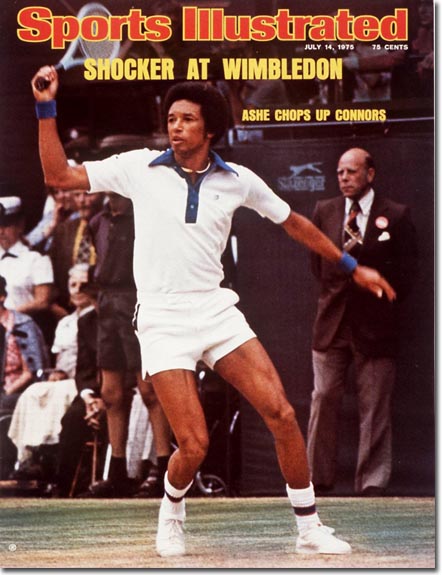
In the upcoming third and last part of this story, I will focus on the 1968 Summer Olympics of Mexico City. I will also pose the question to you. What will be the impact of today's player for tomorrows generation?
- Booker T. Washington was Civil Rights Pioneer
Booker T. Washington, who lived from April 5, 1856 to November 14,1915, was born into slavery and became free when the Civil War ended. The movie Booker shows the early years of his life. ... - The Civil Rights Movement: Could It Have Begun Before...
Most people are familiar with the story of Rosa Parks and how her simple refusal to give up her seat on a bus to a Caucasian passenger sparked the Civil Rights Movement. Rosa Parks went on to earn many...
